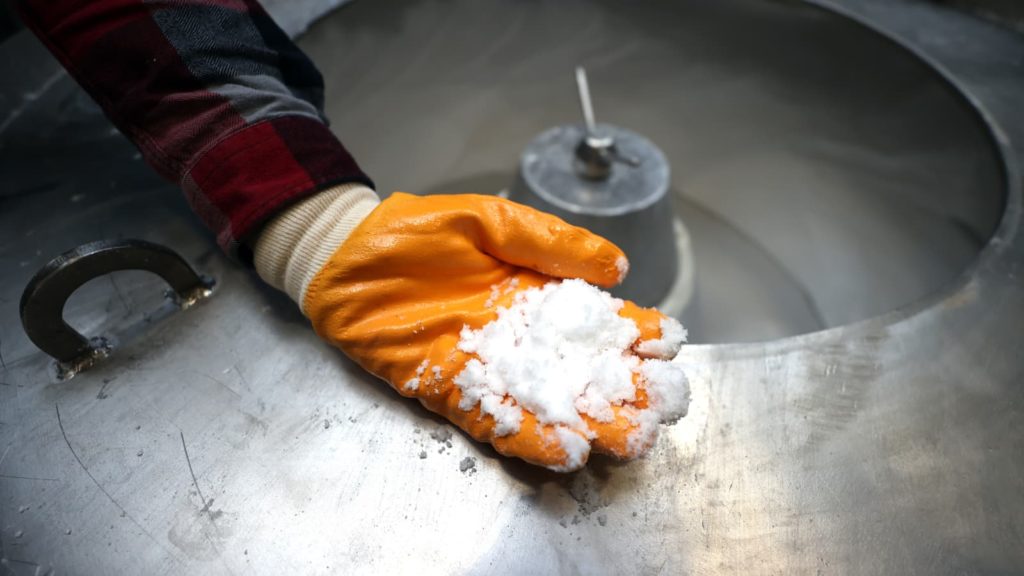CNBC
Piedmont Lithium announced Thursday that it plans to build a new lithium refining plant in Tennessee, as the U.S. rushes to develop domestic supply chains for raw materials critical to the energy transition.

Thursday’s announcement follows the largest climate funding package in U.S. history, which President Joe Biden signed into law in August. The package includes incentives to jump-start domestic supply chains for electric vehicle batteries, although Piedmont said plans for the plant were in development prior to the Inflation Reduction Act.
Now that the company has selected the site in McMinn County, it will begin the process of securing the necessary permits, which can be lengthy. Still, the company is targeting construction beginning in 2023, with production starting in 2025.
When fully operational, the plant will produce 30,000 metric tons of lithium per year, making it the largest lithium refining facility in the U.S, according to the company. Piedmont said it will churn out enough material to supply roughly 500,000 electric vehicles annually.
Piedmont currently has no active mines in the U.S., so once the facility is up and running it will process spodumene concentrate from Piedmont’s international operations in Quebec and Ghana.
Eventually, the company hopes to use lithium that’s mined domestically. The company has plans for a mine as well as another plant in North Carolina, although CEO Keith Phillips said it’s challenging from a permitting perspective, since both the mine and the plant are on the same site.
Albemarle runs the only meaningful lithium mine in the U.S., which is in Silver Peak, Nevada. Additionally, only 2.1% of lithium is refined in the U.S., according to data from Benchmark Mineral Intelligence. China dominates the industry, refining more than half of global lithium supply.
Building new mines takes years. They’re capital intensive and can face permitting challenges. There are also those opposed to new mines, who argue that the world should instead focus on existing production.
Piedmont’s Phillips noted that in just the last year $33 billion has been announced for electric vehicle battery manufacturing plants in the U.S., which would require 500,000 metric tons of lithium annually.
“That is more than all the lithium hydroxide produced in the world currently, so clearly the industry is facing a critical resource shortage,” he told CNBC. “Anyone who can produce material to supply this market — especially domestically in the United States — will be in a favored position.”
Piedmont plans to invest around $600 million developing the Tennessee facility.




